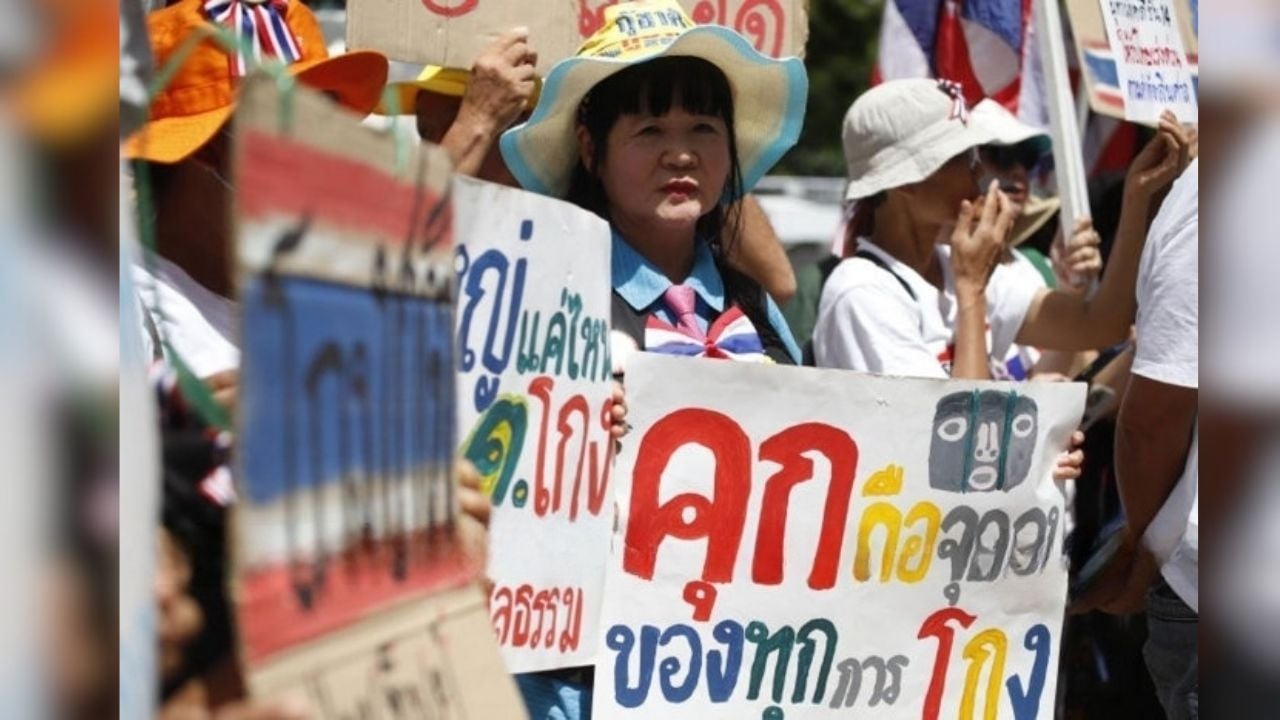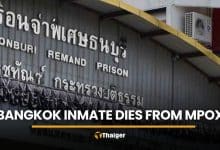Thailand urged to tighten rules on cosy inmate detentions
NACC seeks clearer detention rules to prevent special treatment

Thailand’s anti-graft body is urging the new Cabinet to review prison detention rules over concerns they could allow inmates to serve sentences at home.
The National Anti-Corruption Commission (NACC) is urging the new Cabinet to instruct the Department of Corrections (DoC) to review its rules on off-site detention, following concerns that current regulations could allow prisoners to serve their sentences from home.
The call comes in response to the DoC’s 2023 regulations on external detention facilities, announced in December last year, which have sparked controversy due to ambiguous wording. The NACC flagged the term “detention facility” as particularly problematic, warning that it could be loosely interpreted to include private residences.

Following a resolution passed in its August 19 meeting, the commission announced plans to use its authority under Section 32 of the 2018 organic law on corruption prevention and suppression to formally recommend changes.
“The current guidelines risk being applied inconsistently, potentially leading to favouritism and undermining public trust.”
The watchdog recommended that the DoC urgently define clear criteria and conditions for allowing off-site detention to ensure fairness and transparency. It also urged stronger public communication around these procedures to improve accountability.

In addition to short-term reforms, the NACC advised the Corrections Department to implement a long-term inmate classification system. This would help determine who qualifies for alternative detention and improve overall prison management.
The issue first gained attention in late 2023 amid speculation that the rules might be used to benefit high-profile figures, including former Prime Minister Yingluck Shinawatra. The government at the time denied any such intention. Justice Minister Tawee Sodsong publicly dismissed suggestions that the regulations were designed with any specific individual in mind.
Ex-Prime Minister Paetongtarn Shinawatra, Yingluck’s niece, also denied claims that the regulations were intended to ease her aunt’s potential return to Thailand, according to Bangkok Post.
The controversy intensified after the parole of former commerce minister Boonsong Teriyapirom, who had been convicted for his role in a rice-pledging corruption scandal. His release prompted renewed scrutiny of how the Department of Corrections exercises discretion under the current framework.
Latest Thailand News
Follow The Thaiger on Google News:


























